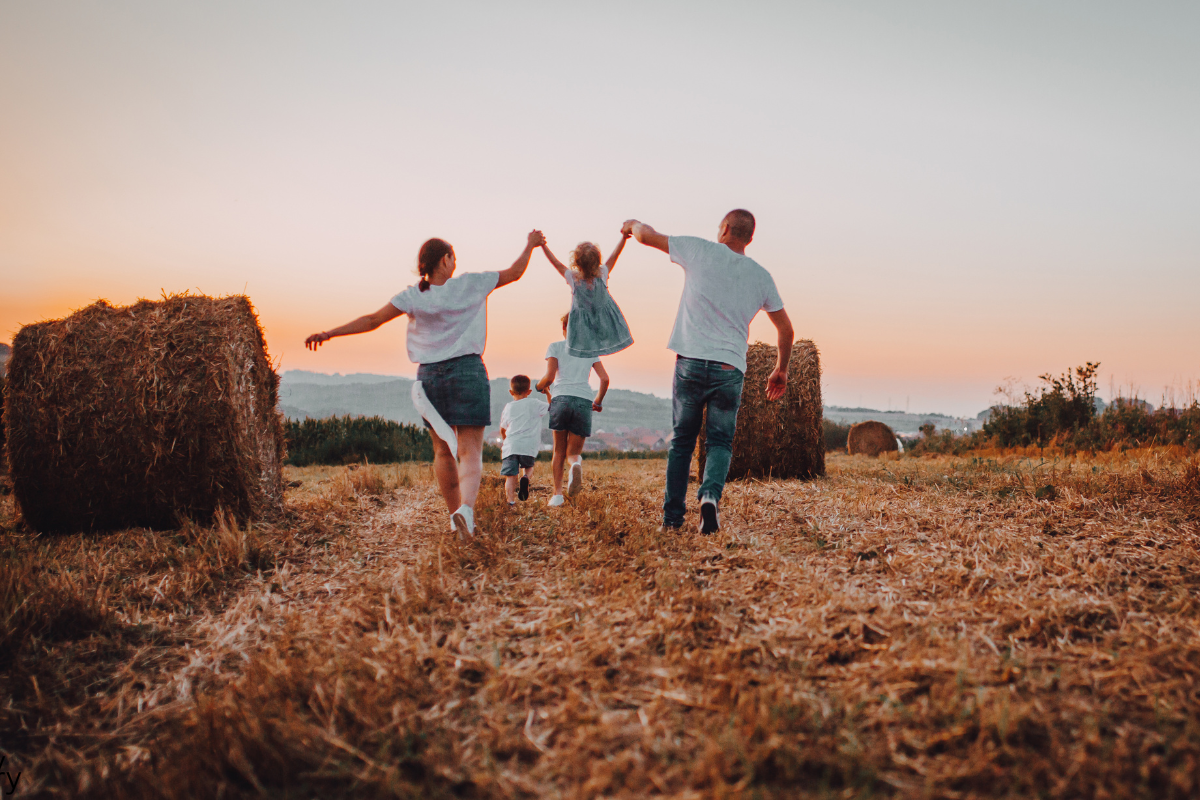Coping with grief
The people in your life may not like to see you cry because it makes them feel helpless. Find someone you trust to let you cry as much and for as long as you need.
Find a cause to fuel your energies. Helping others will help you take your mind off yourself.
Listen to your body. Grief is physically draining. Learn to say no to activities or people who drain your energy.
Journalling, music, yoga, massage therapy, gardening and nature walks can help you cope with the overwhelming feelings of grief.
Read Also

The big squeeze: How to be fair to siblings during farm succession
Managing sibling business relationships on family farms.
Create meaningful rituals to remember your loved one. Donate to a special cause, plant a tree, create a memory book, or wear a special pin.
People will say and do the wrong things. Or they won’t say anything at all. Most people mean well. Don’t let these disappointments feed your grief.
Yes, grief is a natural process, agrees Susan Derry, a counsellor in Saskatoon. “By allowing yourself to grieve… to feel your feelings…you can let go of those emotions and get back to a place of peace,” Derry explains. “If you don’t grieve, you’ll carry the pain with you.”
As natural as that sounds, however, it isn’t something that happens on its own. Instead, in most situations, the griever comes to see that grief is something they need to actually work at.
“Working through my grief was the hardest work I have ever done,” says Tracey Cross of Bothwell, Ont., whose three-year-old son Jamie died in a farm accident in 1997.
She remembers her ups and downs, and how uncertain she felt even about simple things, and how difficult it was to make decisions.
Unconditional support from her mother, and her mother’s willingness to listen and listen, and then listen some more, helped Cross live with her grief. She also found comfort in a support group for bereaved parents offered through her local chapter of Bereaved Families of Ontario (BFO).
But it was never easy, so today, Cross recommends friends and family be sensitive to the grieving
Supporting a grieving person
Don’t just say, “Call me if you need help.” It’s hard for people to ask for help and they may be feeling so overwhelmed that they can’t muster the energy to call. It’s better to offer to do concrete things like look after kids, get groceries or look after the lawn. If they say no, keep calling periodically.
Save the platitudes. Don’t trivialize their loss by saying, “You’re young, you can marry again,” “You’re strong” or “Life goes on.” Simply say that you’re sorry, that you’re thinking of them and that you don’t know what to say. A hug is often better than words.
If the person is crying, don’t try to get them to stop. Tears are natural and a wonderful release. If you want to be helpful, hand them the box of tissues.
Be patient with people. Don’t rush them through their grief. Each person has their own timetable. Don’t tell them they need to “get on with their lives.”
Listen without judging or offering advice. Allowing the person to tell the story of what happened or to talk about how they feel is an essential part of the healing process.
Resources
Get Over It! Surviving Grief to Live Agai n by Audrey Stringer (2005) available at www.astringofhope.com.
Widow to Widow , a practical book for widows written by Genevieve Davis Ginsburg.
How to Go On Living When Someone You Love Dies, a comprehensive guide to grief, by Therese A. Rando.
person’s needs. “Be flexible if the person changes their mind at the last minute,” she says.
“If you loved hard, you’ll grieve hard,” says Audrey Stringer, a grief counsellor from Sarnia, Ont. and author of Get Over It! Surviving Grief to Live Agai n. Griefhitsyouemotionally, andphysically, mentally and spiritually too, Stringer says.
Feeling physically exhausted, being forgetful and unfocused, questioning your religious beliefs are all normal symptoms of grief, Stringer adds. “You probably look normal on the outside, but you’re a mess on the inside.”
Stringer should know. In a seven-year span she lost her 23-year-old son, a newborn granddaughter and her husband of 31 years.
This letting go is hard work, says Stringer.
Talking about the loved one who has died and the survivor’s painful feelings of loss can be an important method of processing these intense emotions, says Derry. One of the best things friends and family can do is to just listen.
“Don’t judge, says Derry. “Don’t tell them they have to get over it. Ask them how they’re doing and really listen to the answer.”
Be aware that no two people will react exactly the same to loss. “Grief is different for each person,” says Stringer. There can also be gender or cultural differences. For example, men tend to be task oriented and they may want to work with their hands while they think things through, where women may want to sit and talk at the kitchen table. This can lead to conflict in a marriage, but it can also lead family and friends to make wrong assumptions about how others are doing.
Men complain they are often misunderstood when they’re grieving, and they say they frequently have a hard time getting the support they need.
Rituals are an important means of processing grief, says Stringer. “Funerals honour the dead but they are also for the living. They facilitate the grief and the mourning.” Stringer is concerned about a trend away from having funerals. Many people later regret not having a funeral or memorial service, she says.
It’s important to include children in the rituals. They can draw a picture or write a letter which could be placed in the casket, suggests Kim Kennedy, a counsellor at Interfaith Counselling in New Hamburg, Ont. However, they shouldn’t be forced to attend funerals, she cautions.
Also remember to let grief take the time it needs. One of the biggest challenges people face, says Derry, is that they are rushed through their grief by friends, family and society. “People give them a few months to get over the loss but the reality is that it can take years.”
For the first six months, the bereaved are typically in shock, working on auto-pilot. It is only once the shock wears off that the reality sinks in and they can then begin to work through their emotions, a process which can take a year or more. In fact, people often say the second or third year was worse than the first, says Stringer.
There’s also confusion about what the other side of grief looks like. You never really get over a major loss, Derry tells her clients. Instead, you learn to live with it. “We find a new normal.”
At times, grief can be hard to deal with because society doesn’t recognize that your loss is causing you grief. These losses can include the death of a grandparent, a miscarriage, a divorce, or having a parent who is seriously ill. Stringer offers another example of what’s termed disenfranchised grief. “If an older person dies, we may think it’s not as much of a tragedy but for the woman who was married for 60 years, what she really wants is another year,” Stringer says.
There can also be secondary losses. If someone loses their spouse, they may also lose their couple friends, points out Stringer.
To help cope with loss, Stringer recommends building a network of supportive people. If you’ve lived in a rural area for a long time you may have a good support network but if you’ve recently moved those connections may be lacking. If you’re new to an area, Derry recommends reaching out to others such as a clergy member, professional counsellor or a neighbour who is a good listener.
Even if you’ve lived in a community your whole life, you may find that your friends and family don’t know how to support you. “You may need to tell your friends and family what you need,” says Stringer.
Stringer offers one last bit of advice. “If you make grief your friend, you can get through it. If you don’t, it will come back to bite you.” CG















